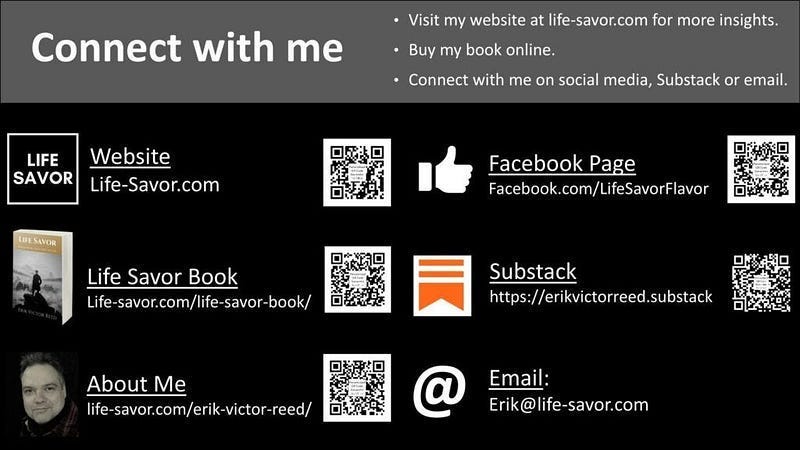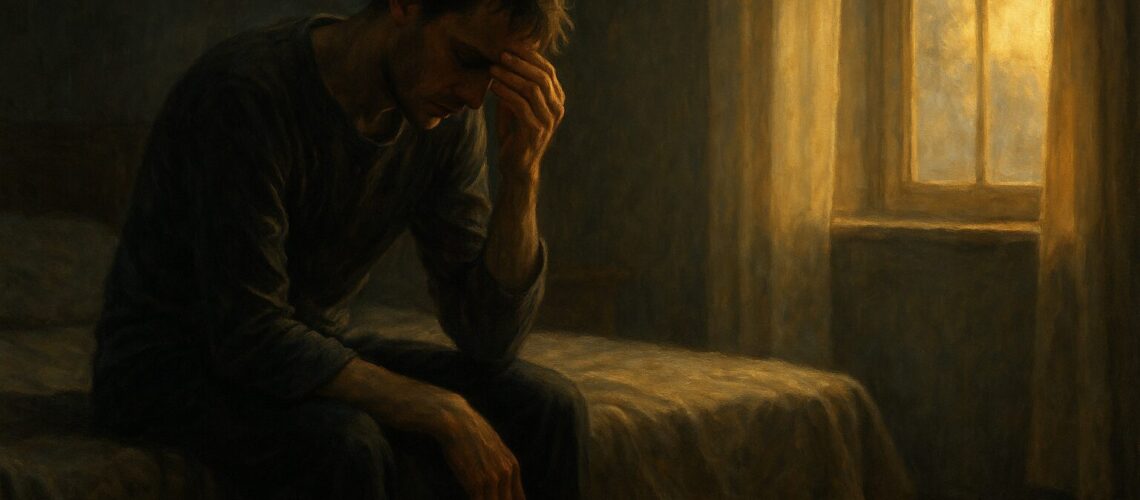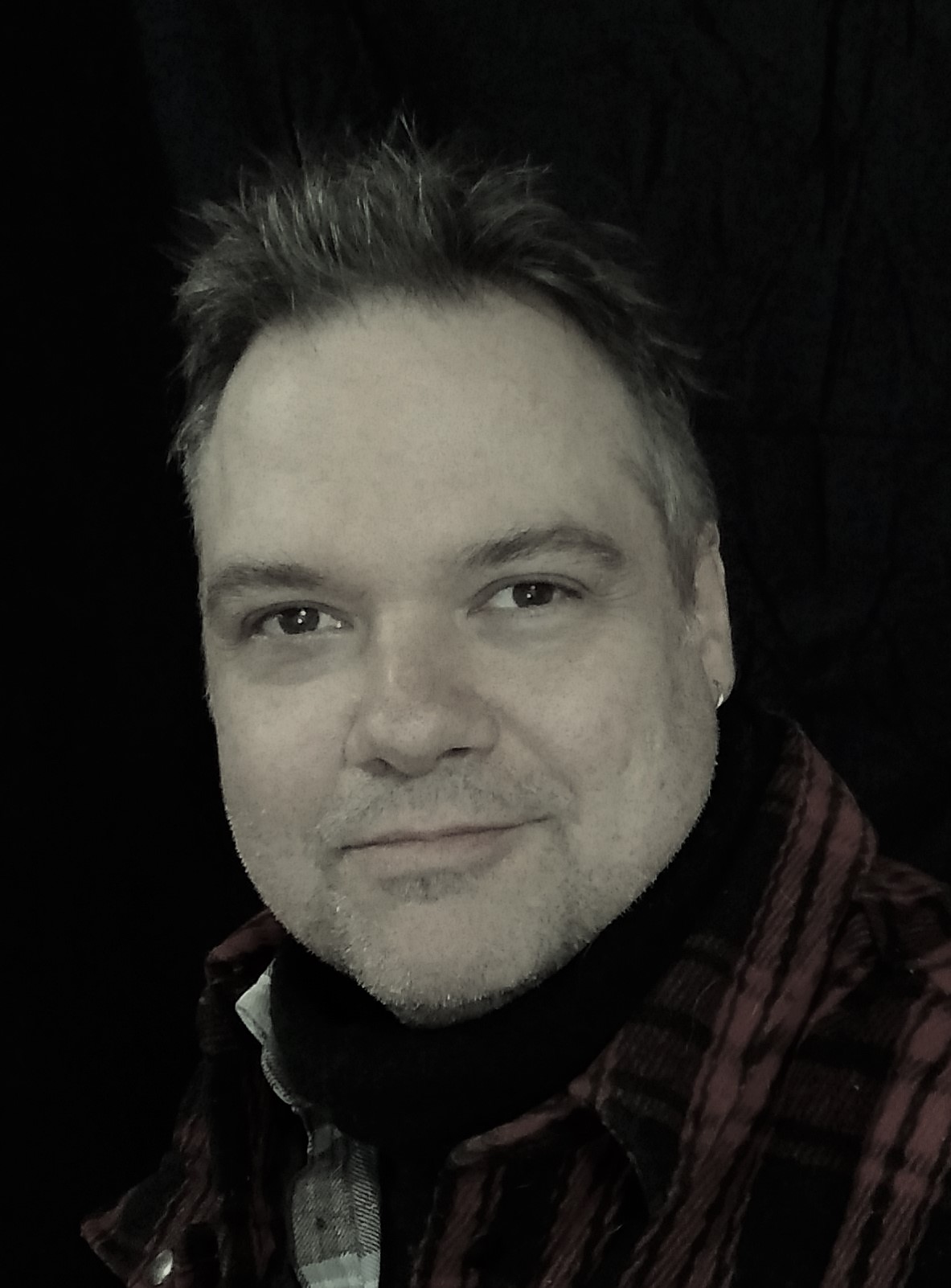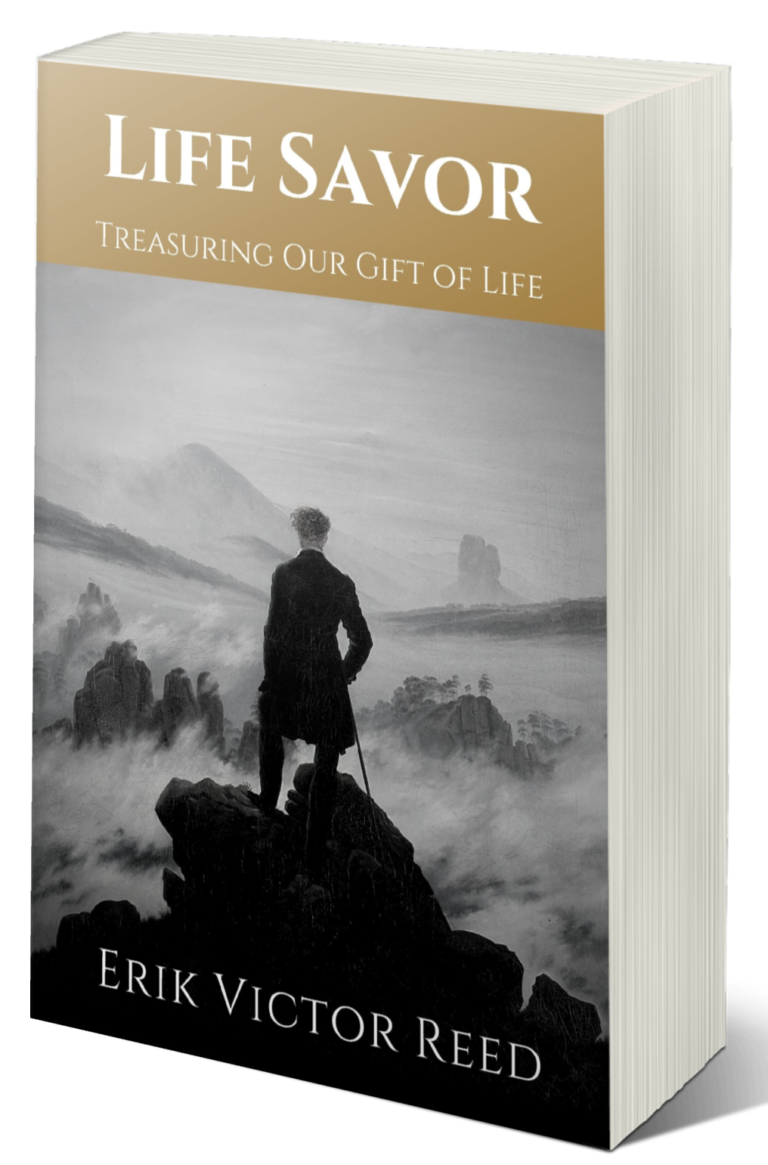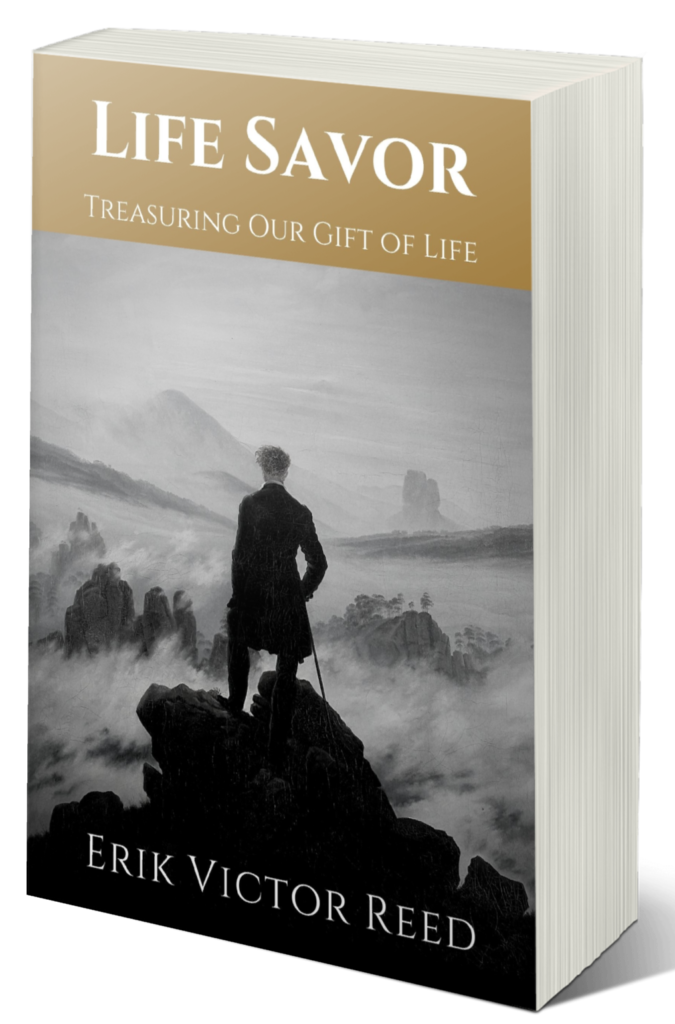Why even our darkest feelings deserve a voice
The Unspoken Taboo
There are things we’re told not to say out loud. At the top of the list: “I hate my life.”
It sounds ungrateful. It sounds melodramatic. It sounds like a failure of perspective. So we shove it down, paper it over with forced positivity, and tell ourselves to get on with things.
But honesty matters more than appearances. Sometimes the bravest thing you can do for yourself is to admit the truth of the moment: Right now, I hate my life.
Why Denial Doesn’t Work
We mustn’t “airbrush” our emotional lives.
Denial doesn’t make the pain vanish. It simply drives it underground, where it festers into resentment, numbness, or despair.
Raphael Cushnir reminds us: “Emotions don’t need to be felt forever, or obsessively, but just long enough to have their say.”
Letting anger or despair speak doesn’t destroy us. It empties the cup so that something else can eventually fill it.
Saying It
Picture someone late at night, staring at the ceiling. Bills pile up. Their relationship is fractured. Work feels meaningless. They whisper, almost ashamed: “I hate my life.”
Then something unexpected happens. Instead of collapsing under the weight of the words, they feel a strange relief. The admission releases pressure. The feeling begins to shift.
What seemed like blasphemy — to confess hatred of life — turns out to be a purgative act, a step toward honesty and, eventually, healing.
The Courage of Darkness
Marcel Proust wrote: “We are healed of a suffering only by experiencing it to the full.”
To experience suffering fully sometimes means naming even the ugliest feelings. To say “I hate my life” is not to renounce existence forever. It is to be present with pain until its message is clear, until our emotions feel heard, even if only by our own self.
And often the message is this: something needs to change. Hatred of life is rarely hatred of life itself. It is hatred of the conditions, the constraints, the circumstances that block us from savoring life. By admitting the hatred, we reveal the depth of our longing for something better.
Why Honesty Is Friendship
To be friends with ourselves means never having to lie to ourselves. When we admit hatred of life, we are not betraying gratitude. We are practicing honesty. And honesty is the only path to self-trust.
We must be especially careful of crucifying our feelings in service to ideals. Pretending to be perpetually grateful may serve an image, but it betrays the real human being underneath.
To say “I hate my life” is to extend to ourselves the same honesty and courtesy we’d extend to a friend.
Hatred as Contrast
Hatred of life can also sharpen appreciation. Like shadows that make light visible, despair makes joy stand out in relief.
As the movie Heathers quipped: “If you were happy every day of your life, you wouldn’t be a human being, you’d be a game show host.”
The fact that we sometimes hate life does not mean life is worthless. It means we are human — sensitive, responsive, alive.
Mortality and Honesty
Mortality adds another dimension. Knowing life is short, we may feel doubly guilty for not loving every second. But the brevity of life makes honesty even more vital. Why waste our one chance by pretending, or by betraying ourself?
It is better to confess hatred in a dark hour than to waste the hour performing cheerfulness. Better to be real in grief than fake in gratitude.
A Return to Meaning
Hatred of life is rarely permanent. It is a storm, not a climate. When allowed to pass through us, it often clears the air for a return to appreciation.
A useful perspective, such as gratitude, doesn’t have to be used all the time. We can keep perspective in our “back pocket.” Even when gratitude or wonder isn’t accessible, knowing they exist gives hope. And after the storm of hatred subsides, we can return to them with renewed vigor.
Closing Thought
To admit hatred of life is not to abandon life. It is to honor our humanity. It is to face the storm head-on, rather than painting blue skies over black clouds.
So let us not be afraid of the words. Let us give our darkest emotions their say. Because when hatred is spoken honestly, it loses its power to define us.
What remains is the truth beneath the anger: that we wanted more from life, and still do.
And that wanting is itself proof that we haven’t given up.
For more like this, visit the broader project at life-savor.com, or explore the Life Savor book itself.
To learn more about Life Savor’s philosophy,
read Life Savor: Treasuring Our Gift of Life by Erik Victor Reed.

